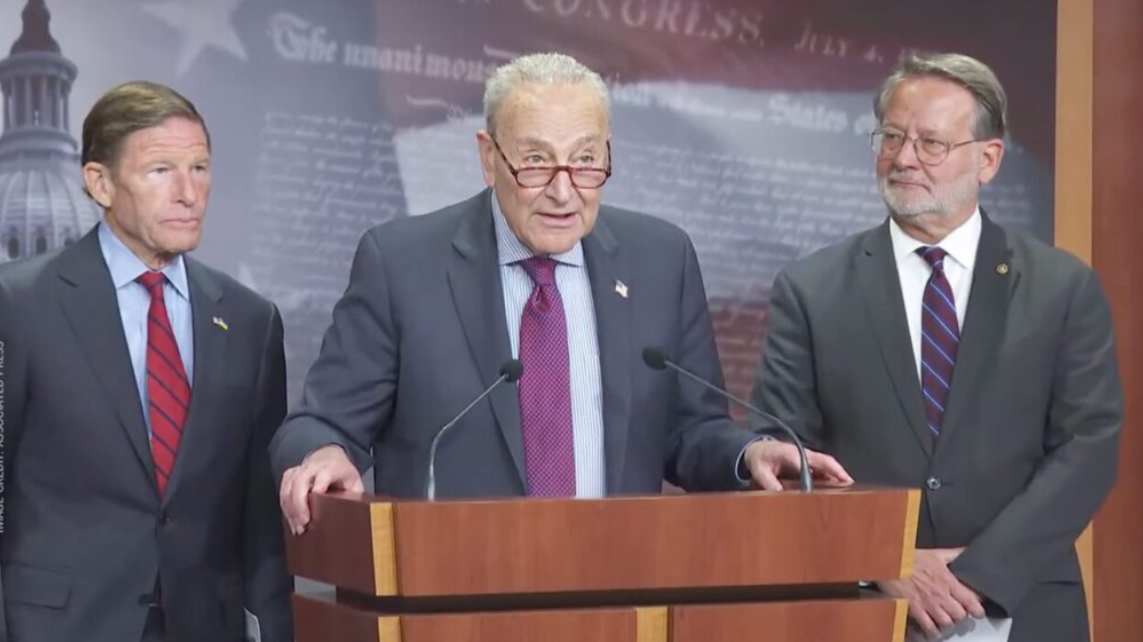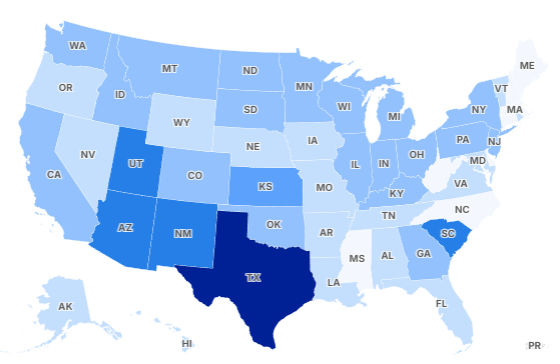Senate Democrats Invoke Rare Law to Force DOJ’s Hand on Epstein Files
In an extraordinary move, Senate Democrats are turning to a long-forgotten law from 1928. Their goal: to obtain unreleased records from the Department of Justice tied to the Jeffrey Epstein case. The push comes just weeks before the August recess—and could ignite a legal standoff unlike anything seen in recent congressional history.
Why This Law, Why Now?
The law at the center of this fight is obscure. Passed in 1928, it allows members of the Senate Homeland Security and Governmental Affairs Committee to request documents from the executive branch—even if they’re in the minority.
Democrats say they’ve had enough of delays. On Tuesday, Senate Minority Leader Chuck Schumer and four other committee members sent a letter to Attorney General Pam Bondi. Their demand: full release of Epstein-related DOJ files by August 15.
The list of requested materials includes:
-
Audio and video recordings
-
Grand jury transcripts
-
Internal DOJ communications
They’ve also asked for a closed-door briefing by the end of August.
“We Expect an Answer”
Schumer emphasized that this isn’t just symbolic.
“It’s a formal exercise of congressional power under federal law,” he told reporters. “And we expect an answer from DOJ by August the 15th.”
But the Department may not comply. According to DOJ sources, top officials aren’t eager to honor the request. Senate Majority Leader John Thune, while acknowledging the legal letter, called the tactic “very dated” and added, “We’re looking into it.”
What’s at Stake
The Epstein case has haunted both political parties. With new attention on the sealed records, Democrats hope to ramp up pressure. Their argument: the public has waited long enough.
Senator Richard Blumenthal, who co-signed the letter, was blunt.
“This letter has the force of law,” he said. “It’s necessary now because this administration is stonewalling and concealing.”
Whether the statute truly compels disclosure is still up for debate. But the law has been cited before—in 2017, a group of lawmakers used it to pursue documents related to the Trump Hotel lease. Courts allowed that lawsuit to proceed.
Legal Fog Ahead
Even if the DOJ refuses, Democrats could sue. That said, legal history is mixed. Courts often steer clear of battles between Congress and the executive over document access.
And there’s precedent on both sides:
-
In 2017, courts upheld congressional standing under the 1928 law.
-
In 2022, Biden’s DOJ reversed course, saying individual lawmakers had no such power.
That case ended when the White House voluntarily released the documents. But no such cooperation seems likely this time.
Political Context—and Pressure
This isn’t happening in a vacuum. Earlier this month, a House Oversight subcommittee approved a bipartisan motion to subpoena the Epstein files. Other House committees are circling the same issue.
The Senate letter adds heat.
Democrats insist their concern isn’t just political. They argue the Epstein case has national implications, especially with public trust in institutions at a low.
So far, no full account of Epstein’s network has been released. DOJ officials have questioned Ghislaine Maxwell, interviewed new witnesses, and reviewed sealed grand jury data—but withheld broader findings.
Timing Is Everything
August recess is approaching. Democrats want answers before then. If not, they’ll likely use the court of public opinion to escalate things.
Their pitch to voters is simple: If the records are clean, why not release them?
“The American people are rightly asking, ‘What do they have to hide?’” Blumenthal said.
Will This Work?
That depends on how DOJ responds. If Bondi’s office agrees to a partial release, Democrats may claim victory. If the department stonewalls, they’ll likely go to court.
Either way, the move sets a precedent. It signals that even minority lawmakers are willing to dust off forgotten tools if it means getting information.
And in the Epstein case, with its far-reaching implications and years of speculation, no one is eager to let it fade quietly.

Emily Johnson is a critically acclaimed essayist and novelist known for her thought-provoking works centered on feminism, women’s rights, and modern relationships. Born and raised in Portland, Oregon, Emily grew up with a deep love of books, often spending her afternoons at her local library. She went on to study literature and gender studies at UCLA, where she became deeply involved in activism and began publishing essays in campus journals. Her debut essay collection, Voices Unbound, struck a chord with readers nationwide for its fearless exploration of gender dynamics, identity, and the challenges faced by women in contemporary society. Emily later transitioned into fiction, writing novels that balance compelling storytelling with social commentary. Her protagonists are often strong, multidimensional women navigating love, ambition, and the struggles of everyday life, making her a favorite among readers who crave authentic, relatable narratives. Critics praise her ability to merge personal intimacy with universal themes. Off the page, Emily is an advocate for women in publishing, leading workshops that encourage young female writers to embrace their voices. She lives in Seattle with her partner and two rescue cats, where she continues to write, teach, and inspire a new generation of storytellers.









